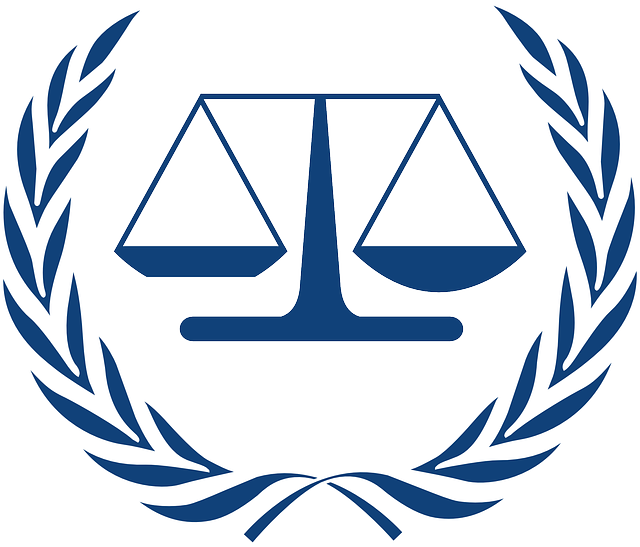Navigating professional licensing requirements varies by state and evolves with legal landscapes, demanding businesses and individuals in regulated sectors stay informed. Each profession has specific criteria for licensure, including education, experience, exams, background checks, and ethical standards. Staying current involves self-assessment, industry expert consultation, and proactive compliance. License disputes, triggered by eligibility disagreements, application rejections, or term interpretations, require a license dispute attorney for navigating administrative processes, negotiations, and potential litigation. These experts advocate for clients' rights, facilitating efficient dispute resolution and maintaining professional standing. Post-dispute, engaging a license dispute attorney ensures compliance through document review, policy updates, and internal controls to prevent future conflicts, safeguarding licenses, trust, ethical practices, and sustained success.
Professional licensing and compliance services are vital for maintaining industry standards and safeguarding clients. This comprehensive guide delves into the intricacies of professional licensing requirements, common license dispute scenarios, and the crucial role a license dispute attorney plays in navigating complexities. Learn how to ensure compliance post-dispute for sustained success, empowering you to thrive in your field. Discover strategies to mitigate risks and protect your professional reputation with expert legal guidance.
- Understanding Professional Licensing Requirements
- Common License Dispute Scenarios and Legal Recourse
- The Role of a License Dispute Attorney in Navigating Complexities
- Ensuring Compliance: Post-Dispute Strategies for Sustained Success
Understanding Professional Licensing Requirements

Navigating professional licensing requirements can be complex, especially with varying state-by-state regulations and ever-changing legal landscapes. Businesses and individuals in regulated industries must stay informed about licensing mandates to avoid costly license dispute attorney fees and potential career-altering repercussions. Each profession has its own set of criteria, including education, experience, examinations, background checks, and ethical standards, that must be met before licensure is granted.
Staying current with these requirements involves regular self-assessment and proactive measures like consulting with industry experts or specialized compliance services. Hiring a license dispute attorney can also offer valuable guidance during times of uncertainty or when facing licensing board inquiries. By proactively understanding and adhering to professional licensing mandates, practitioners can protect their reputation, ensure business continuity, and mitigate potential legal disputes.
Common License Dispute Scenarios and Legal Recourse

License disputes can arise in various scenarios, often involving complex legal and regulatory frameworks. Common situations include disagreements over licensing eligibility, application rejections, and interpretations of license terms. When a professional encounters a license dispute, seeking expert guidance from a licensed attorney specializing in these matters is crucial.
Legal recourse for license disputes typically involves administrative hearings, negotiations with licensing boards, or even litigation. A skilled license dispute attorney can help navigate these waters, ensuring the individual’s rights are protected and their professional goals are achieved. They provide strategic advice tailored to each case, enabling professionals to resolve disputes efficiently and maintain their standing in their respective fields.
The Role of a License Dispute Attorney in Navigating Complexities

When it comes to professional licensing and compliance, disputes can arise due to a variety of reasons—misinterpretations of regulations, errors in application processes, or even fraudulent practices. This is where a license dispute attorney plays a pivotal role. Their expertise lies in navigating the complex legal landscape surrounding professional licenses, ensuring that their clients’ rights are protected and their interests are represented effectively.
A license dispute attorney provides critical support by thoroughly reviewing the case, identifying potential violations, and crafting strategic arguments to defend or challenge the license decision. They help clients understand their legal options, communicate with regulatory bodies, and represent them in administrative hearings or legal proceedings. Their goal is to secure favorable outcomes, whether that means resolving the dispute amicably or advocating for their client in court, ultimately enabling professionals to regain or maintain their licenses and continue practicing their chosen field.
Ensuring Compliance: Post-Dispute Strategies for Sustained Success

Ensuring compliance is a vital aspect of maintaining success in any professional realm. Post-dispute, it’s crucial to reassess and fortify your regulatory position. Engaging the services of a license dispute attorney can significantly aid in this process. They can provide expert guidance on navigating complex legal landscapes, ensuring you remain in adherence with all relevant laws and standards.
This strategic approach involves meticulous document review, updating policies and procedures, and implementing robust internal controls to prevent future disputes. By doing so, professionals can safeguard their licenses, maintain consumer trust, and foster a culture of ethical practice, ultimately driving sustained success.
Professional licensing is a complex landscape, and disputes can arise from misunderstandings or non-compliance with evolving requirements. Engaging a licensed dispute attorney can significantly enhance navigation through these complexities, ensuring fair outcomes. Post-dispute, maintaining compliance involves regular updates on regulatory changes and proactive adherence to standards, fostering sustained success in your professional endeavors. Remember, a license dispute attorney acts as your guide, helping you avoid potential pitfalls and capitalize on opportunities for growth and fulfillment.
